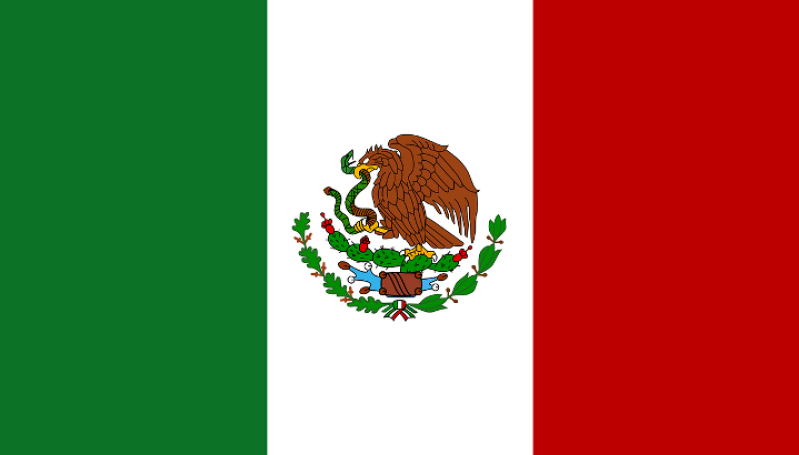
When most people think of Mexico, they don't think of persecuted Christians. About 83 percent of the Mexican population is Catholic. So other faiths are definitely in the minority. However, Evangelical Christianity is apparently growing, which may explain in part why some Mexican states have become hostile to them.
Recently, eight families were forced to renounce their Christian beliefs and convert to Catholicism or leave the Leyva Velazques village in Chiapas, Mexico. When seven of those eight refused, they were jailed. Mexico's constitution is supposed to allow freedom of religion.
Isaac Six of International Christian Concern (ICC) has been an advocate for persecuted Christians for several years. ICC is a non-denominational Christian organization that is located in Washington DC. It lobbies on behalf of persecuted Christians and meets with congressional leaders to raise awareness about Christian persecution.
He said of the incident in Chiapas that, "It is simply unconscionable for the state and federal governments of Mexico to repeatedly ignore the arbitrary arrest and expulsion of their own citizens by local governments on the basis of religious belief. We know that the federal government, as well as the State of Chiapas, was warned days in advance that the Evangelical community in Leyva Velazques was under threat, yet even after seven individuals were thrown in prison for their religious beliefs, the action was not taken.
This blatant abdication of responsibility has, for decades now, sent the message to rural villages across Mexico that if you have a problem with someone from another faith, you can simply force them to convert or leave. Today, hundreds of men, women, and children are homeless in Mexico because they chose to follow their beliefs, and because their government refused to act. We call on the federal government of Mexico to immediately intervene and halt the unlawful detention of members of the Evangelical community in Leyva Velazques."
In another incident, 158 Christian Protestants, (two dozen families) were forced toward starvation when the Mexican government raided their farmlands in an effort to force Protestants out of the area.
Six said of the incident at the time that, "This latest incident in Chiapas is emblematic of a pervasive climate of religious intolerance that is strangling the life out of rural communities across Mexico. Perhaps the worst part is that this is happening in almost complete obscurity. Officials at every level of the Mexican government have either been ignorant of or willfully turned a blind eye toward religiously based attacks that clearly violate Mexico's own Constitution and international human rights norms."
He added that Christians have also been left homeless and without basic necessities.
For the most part, the Catholic groups doing the persecuting are a blend of Catholicism and indigenous customs. Those customs include undesirable activities such as drunken festivals.
Fidel López Hernández, a Chiapas resident, recounted his personal experience after converting from being a Catholic to becoming a Christian while living in the area's Catholic community:
"Where I live, in Chiapas, when the local community leaders heard that a group of families had converted to the Pentecostal church, they told them that if they wanted to have a religious service it would have to be in their own homes, and only after paying a fine of 25,000 Mexican pesos (the equivalent of £1,000), which is illegal."
When they refused to give in to the demands, Hernández said, "They not only expelled us from our homes, they also took our plots of land and all our possessions. We had to leave with nothing."
Other Mexican states which persecute those who leave Catholicism for Evangelicalism include Oaxaca, Michoacán, Hidalgo, Puebla, and Guerrero.
Dr. Jorge Lee Gallardo is a specialist lawyer in the area of providing assistance to persecuted Evangelicals. His take on much of what is happening in Mexico is that since the areas doing the persecuting have a high concentration of indigenous people, that, "These authorities believe that their culture is being damaged and they do not accept that the [legal] freedom of the individual can take precedence over their cultural traditions."
There has been some discussion in Washington about the persecution in Mexico. Senior State Department official Roberta Jacobson has simply said, "The embassy has already raised these issues at the federal and state level, and I would certainly prioritize continuing to do so with the Mexican government as well as with civil society organizations."







